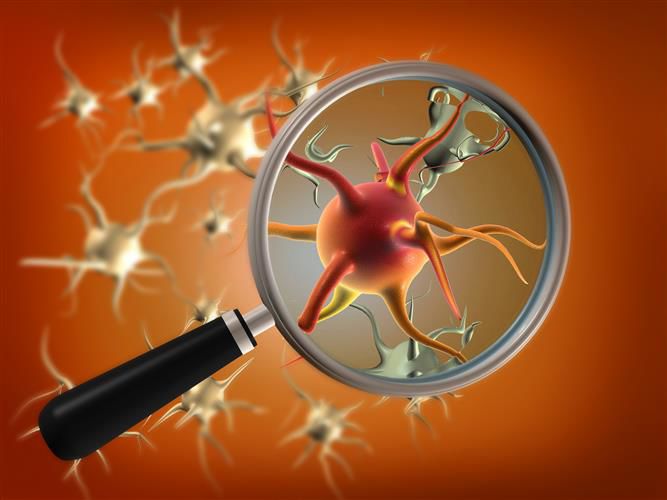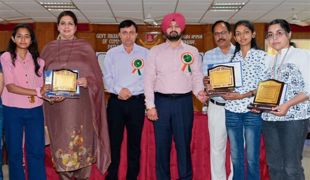
Photo for representational purpose only. iStock
London, March 25
Humans frequently spread viruses to wild and domestic animals, increasing their risk of disease, finds a study, challenging the long-held theory that humans are a sink for viruses.
Humans have never been considered a source of virus, and human-to-animal transmission of viruses has received far less attention, revealed an analysis of viral genomes by researchers at the University College London.
“When animals catch viruses from humans, this can not only harm the animal and potentially pose a conservation threat to the species, but it may also cause new problems for humans by impacting food security if large numbers of livestock need to be culled to prevent an epidemic, as has been happening over recent years with the H5N1 bird flu strain,” said lead author Cedric Tan, a doctoral student at UCL’s Genetics Institute and Francis Crick Institute.
“Additionally, if a virus carried by humans infects a new animal species, the virus might continue to thrive even if eradicated among humans, or even evolve new adaptations before it winds up infecting humans again.
“Understanding how and why viruses evolve to jump into different hosts across the wider tree of life may help us figure out how new viral diseases emerge in humans and animals,” Tan said.
For the study, published in the journal Nature Ecology and Evolution, the team used methodological tools to analyse the nearly 12 million viral genomes.
Using the data, they also reconstructed the evolutionary histories and past host jumps of viruses across 32 viral families to search for viral genomes acquired mutations during host jumps.
The researchers found that “roughly twice as many host jumps were inferred to be from humans to other animals (known as anthroponosis) rather than the other way round. This pattern was consistent throughout most viral families considered. Additionally, they found even more animal-to-animal host jumps that did not involve humans.”
“We should consider humans just as one node in a vast network of hosts endlessly exchanging pathogens, rather than a sink for zoonotic bugs,” said co-author Professor Francois Balloux from UCL Genetics Institute.
Join Whatsapp Channel of The Tribune for latest updates.



























